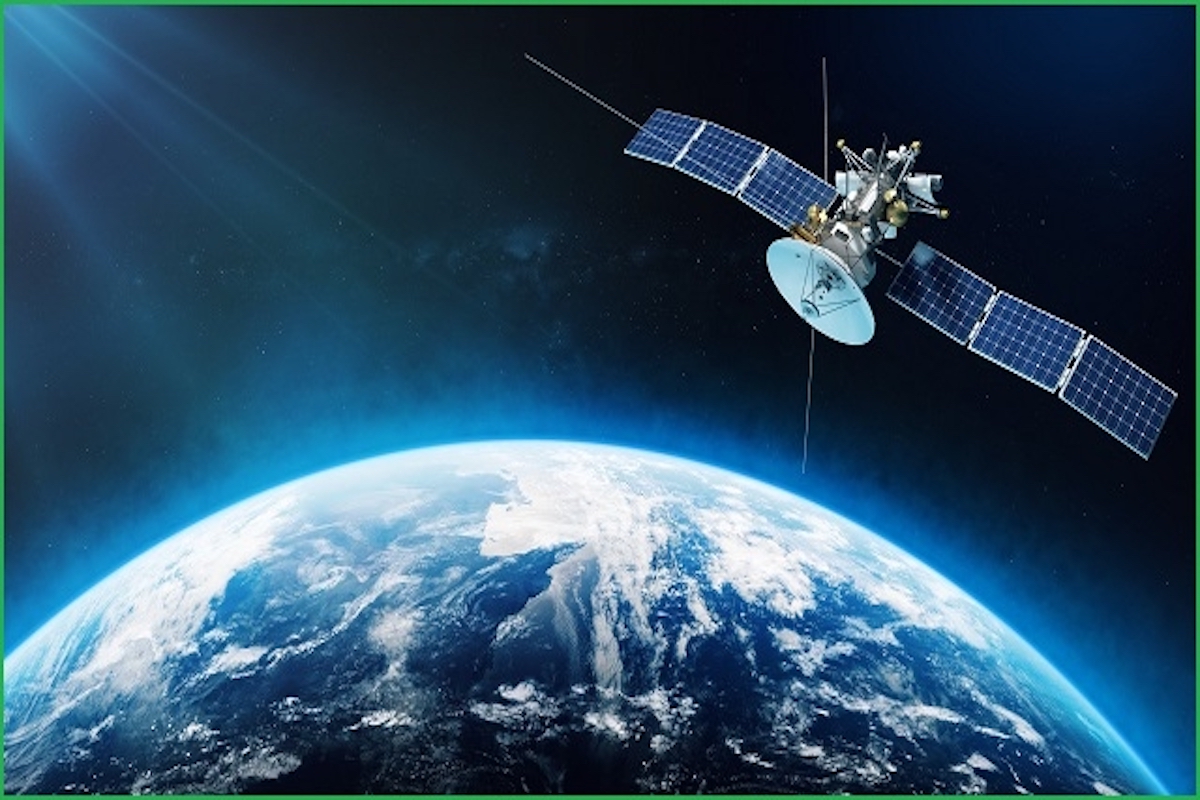Apple iPhone 15 Pro, Pro Max now support India’s own GPS NavIC
Apple, which just launched its new iPhone 15 series, has adopted the Indian satellite navigation system NavIC for its high-end…
“Our new funding enables us to build a health monitor for the planet through the world’s most advanced hyperspectral small-satellites. This enables us to capture some of the richest imagery that’s ever been beamed down to earth,” said Awais Ahmed, CEO, Pixxel.

Pixxel plans to have its satellite constellation up in sky by 2022.
Homegrown private earth imaging company Pixxel on Thursday announced it has closed $7.3 million (nearly Rs 53 crore) seed round with new capital from Omnivore and Techstars.
The new investors join previous ones like Lightspeed Ventures, Blume Ventures, growX, Ryan Johnson and others.
Advertisement
The Bengaluru-based company also said that its first hyper-spectral satellite will launch within the next few months. The plan is to deploy a total of 30 satellites by December 2022 for its global constellation.
Advertisement
“Our new funding enables us to build a health monitor for the planet through the world’s most advanced hyperspectral small-satellites. This enables us to capture some of the richest imagery that’s ever been beamed down to earth,” said Awais Ahmed, CEO, Pixxel.
Compared to the common multispectral satellites, Pixxel’s hyper-spectral earth-imaging satellites will beam down 50 times more information by capturing light reflected from earth in far more detail and in much narrower bands than just red, green and blue.
This allows Pixxel to capture exact chemical signatures and offer much more accurate solutions to seemingly unsolvable issues in agriculture, energy and environment conservation.
Once deployed, Pixxel’s constellation will provide 24-hour global coverage in higher quality resolution and lower cost than any existing satellite competitors.
“Our hyperspectral satellites will allow society to tackle many of humanity’s most pressing issues,” Ahmed said.
Founded in 2019, Pixxel was the only Asian participant selected to be a part of the Techstars Starburst Space Accelerator, where it worked with NASA JPL, US Air Force, Lockheed Martin and Maxar, among others.
Advertisement